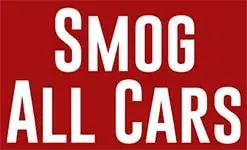Importance of the Smog Check Process
The smog check is more than a regulatory hurdle; it protects air quality and promotes vehicle health. By identifying excessive emissions early, drivers can fix problems before they worsen. Understanding this process helps vehicle owners be proactive and responsible.
Dirty Engine Oil and Air Filters
Old or dirty oil can affect engine performance and emissions output. Similarly, clogged air filters reduce airflow and lead to a rich fuel mix. Replacing these components regularly minimizes the chance of failing a smog check and supports engine efficiency.
Malfunctioning Thermostat or Cooling System
If your engine isn’t operating at the correct temperature due to a faulty thermostat, emissions can increase. A cooling system issue may also prevent optimal combustion. These problems often go unnoticed until a smog check is failed, making regular inspections important.
Fuel System Troubles
Problems like leaky fuel injectors or malfunctioning fuel pressure regulators can throw off combustion balance. This results in higher emissions and increases the risk of a failed smog check. Fixing these issues promptly keeps your engine running clean and compliant.
Smog Check Readiness Best Practices
Before heading into a smog check, ensure your vehicle is in top shape. Drive regularly, clear any check engine codes well in advance, and complete any repairs early. These habits increase your chances of passing and help keep your vehicle road-legal.
Read More:

